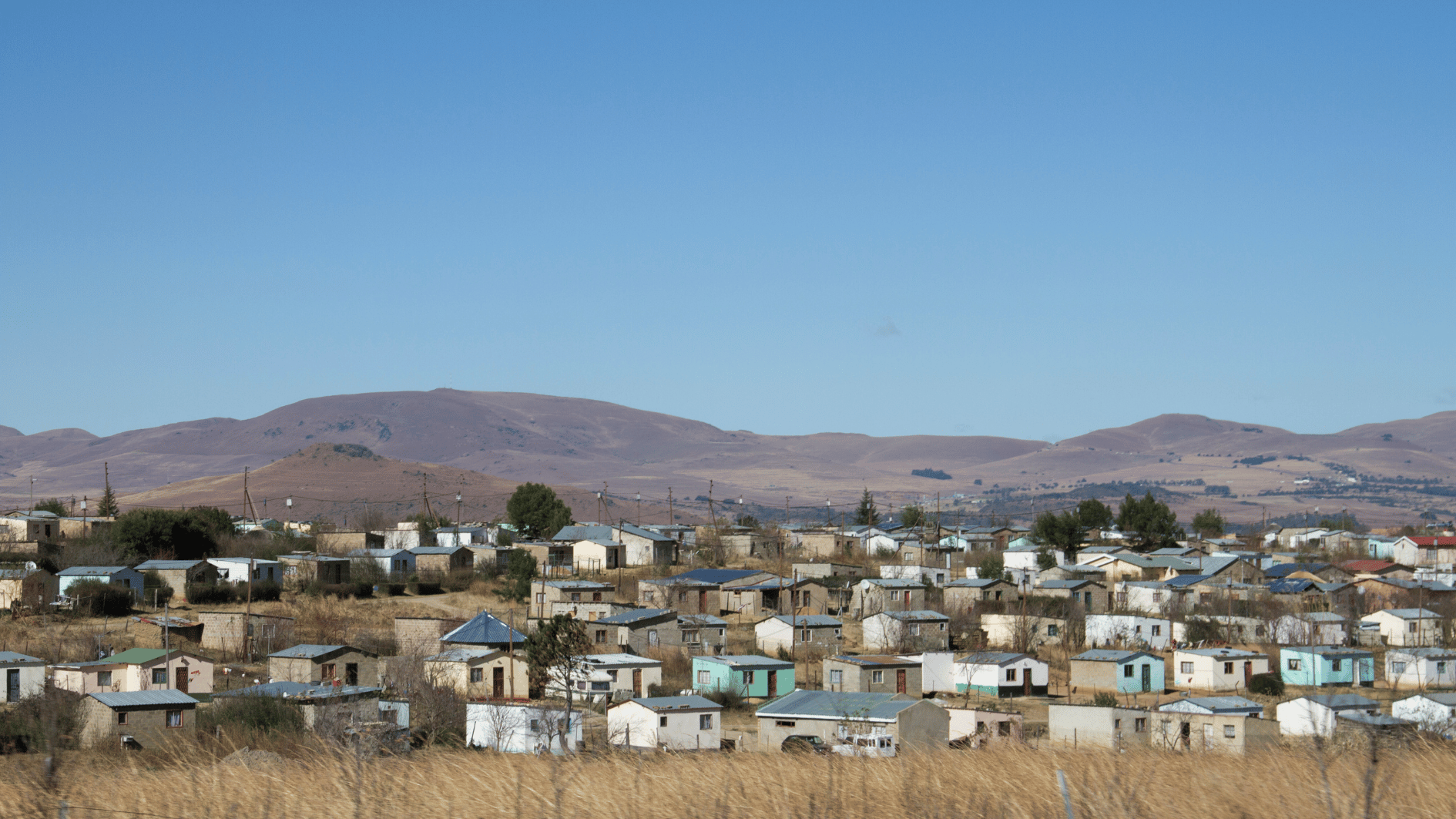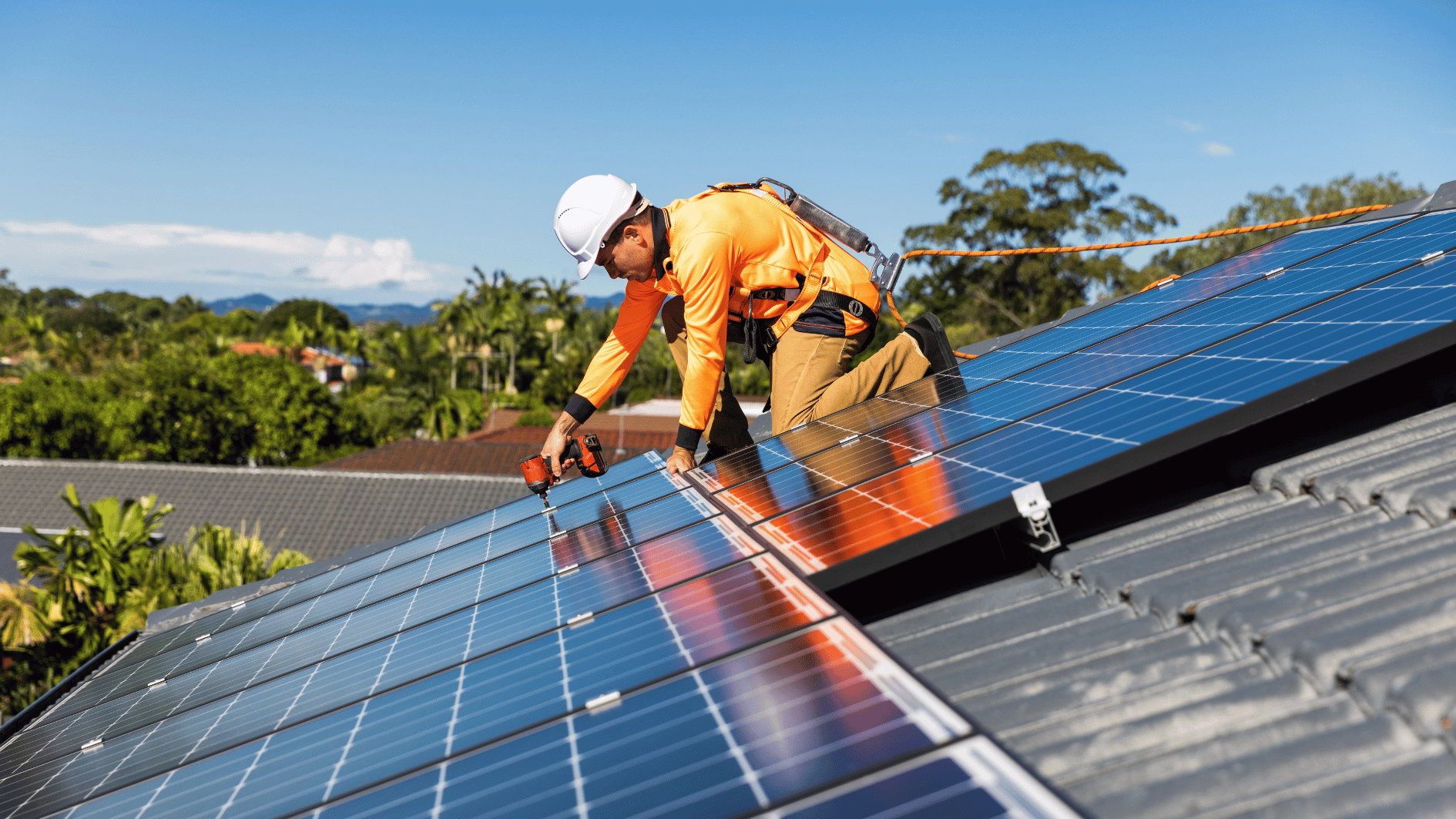Image source: Canva.com
Community Development Financial Institutions (CDFIs) are stepping up to finance energy-efficient projects that save money, protect the environment, and help low-income communities adapt to climate change. These mission-driven lenders are making a big impact by funding solar installations and retrofits in places traditional financing often doesn’t reach.
For example, Rhode Island’s Capital Good Fund recently financed a $38,000 solar panel installation for a homeowner, helping her reduce costs, earn tax credits, and build credit. Similarly, Kentucky Highlands Investment Corporation funded a solar system with battery backup for a rural medical facility in Monticello, KY, ensuring critical health services continue during power outages.
Retrofitting older homes and buildings is another priority for CDFIs. In Washington, D.C., City First Enterprises teamed up with DC Green Bank to upgrade a 1930s-era building using energy-efficient principles. The project aims to cut energy consumption and provide low-income housing.
In the Pacific Northwest, Craft3 offers affordable loans of up to $10,000 for home upgrades, like heat pumps and insulation, to improve comfort and reduce energy costs. Many of these loans reach borrowers overlooked by traditional banks.
CDFIs are helping communities embrace energy efficiency and renewable energy, proving that financial innovation can drive sustainable change. Through these efforts, they are making energy savings accessible to all and leading a just energy transition.
Source: OFN.org





